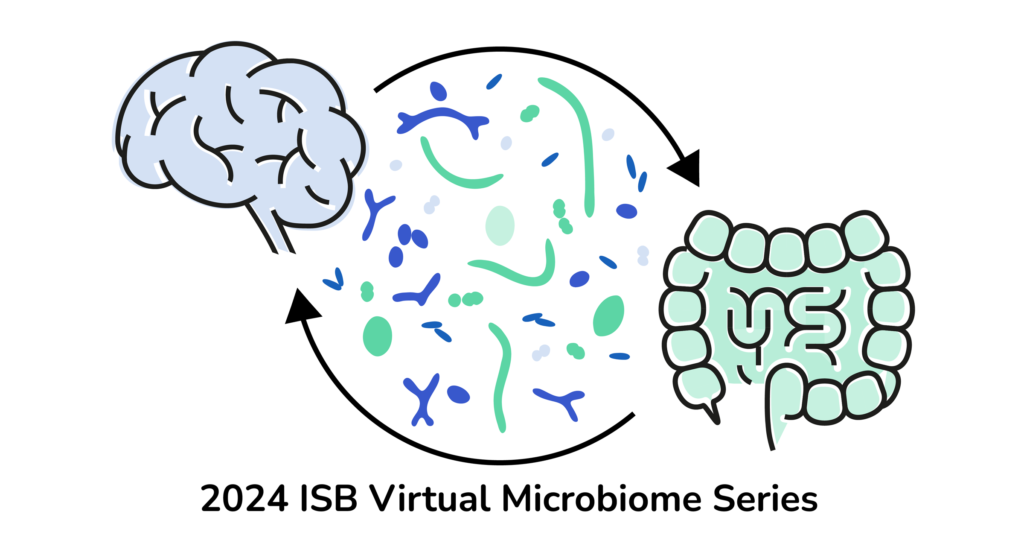Struggling with IBS flare-ups? Learn about 5 everyday habits that could be worsening your IBS symptoms and how to break the cycle for better digestive health.
IBS, or Irritable Bowel Syndrome, is a chronic digestive condition that affects millions of people in the United States. Symptoms like bloating, abdominal pain, constipation, and diarrhea can interfere with your quality of life—but did you know that your daily habits could be making things worse?
Here are 5 common daily habits that might be triggering or worsening IBS symptoms, and what you can do to reverse them.

Skipping Meals or Eating at Irregular Times
Consistency is key when it comes to managing IBS. Skipping meals or eating at odd hours can disrupt your digestive rhythm, leading to cramping, bloating, or sudden bowel movements.
What to do instead:
Stick to a regular eating schedule. Try to eat at the same times every day and avoid long gaps between meals to help regulate your gut function.

High Intake of Caffeine
Your morning coffee might be doing more harm than good. Caffeine stimulates the intestines, which can worsen diarrhea, cramping, or urgency in people with IBS.

What to do instead:
Switch to low-caffeine alternatives like matcha or herbal teas. You don’t have to give up caffeine entirely—but moderation is key.
Lack of Fiber – or Too Much of the Wrong Kind
Fiber plays a crucial role in digestive health, but not all fiber is created equal. Insoluble fiber (like that in raw vegetables and whole wheat) can worsen symptoms in some people with IBS-C (constipation) or IBS-D (diarrhea).
What to do instead:
Experiment with soluble fiber like oats, bananas, and psyllium husk. These are often better tolerated and help normalize bowel movements.
Sedentary Lifestyle
If you sit for most of the day, your gut may not be moving as it should. Physical activity stimulates intestinal function and helps reduce stress, both of which are vital in managing IBS.
What to do instead:
Incorporate light daily movement, such as walking, stretching, or yoga. Even 20–30 minutes a day can make a difference in your symptoms.

Unmanaged Stress
Chronic stress doesn’t just affect your mind—it wreaks havoc on your gut too. The gut-brain axis is highly active in people with IBS, meaning emotional stress can trigger physical symptoms.
What to do instead:
Practice stress-reducing techniques such as meditation, deep breathing, or journaling. Don’t underestimate the impact of mental wellness on your digestive system.

Conclusion: Small Changes, Big Results
You don’t have to overhaul your life overnight. By identifying and adjusting just a few daily habits, you can make a significant difference in managing IBS.
If your symptoms persist, it may be time to consult an IBS specialist who can help uncover deeper causes like food intolerances, gut infections, or microbiome imbalances.
Looking for natural support?

Try GutShield – Liquid Spore Probiotic, a powerful supplement designed to restore your gut health and reduce IBS flare-ups.
✔️ Supports digestion
✔️ Fights bloating
✔️ Promotes healthy microbiome balance
[GutShield – Liquid Spore Probiotic]






